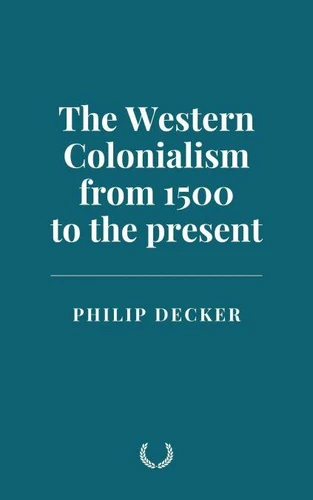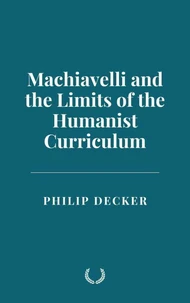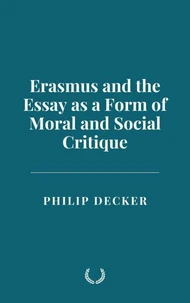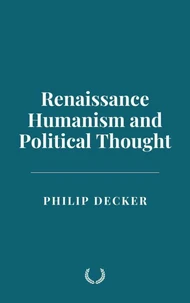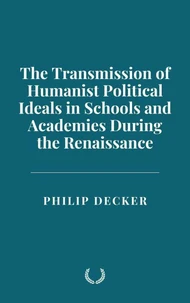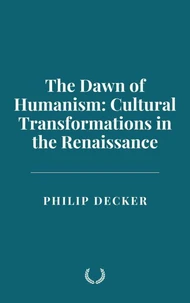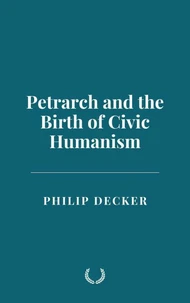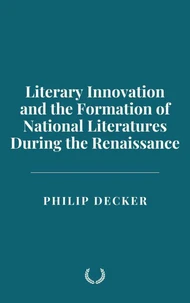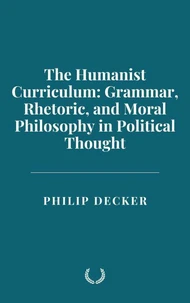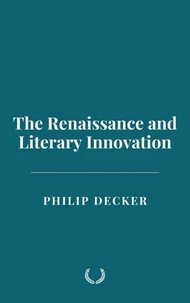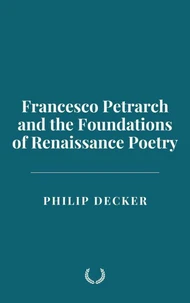The Western Colonialism from 1500 to the present
Par :Formats :
Disponible dans votre compte client Decitre ou Furet du Nord dès validation de votre commande. Le format ePub est :
- Compatible avec une lecture sur My Vivlio (smartphone, tablette, ordinateur)
- Compatible avec une lecture sur liseuses Vivlio
- Pour les liseuses autres que Vivlio, vous devez utiliser le logiciel Adobe Digital Edition. Non compatible avec la lecture sur les liseuses Kindle, Remarkable et Sony
 , qui est-ce ?
, qui est-ce ?Notre partenaire de plateforme de lecture numérique où vous retrouverez l'ensemble de vos ebooks gratuitement
Pour en savoir plus sur nos ebooks, consultez notre aide en ligne ici
- FormatePub
- ISBN8230594352
- EAN9798230594352
- Date de parution10/01/2025
- Protection num.pas de protection
- Infos supplémentairesepub
- ÉditeurIndependently Published
Résumé
This work examines the complex legacies and ongoing struggles of postcolonial societies in a world shaped by colonialism and its enduring impacts. Through a deep analysis of historical, political, economic, and cultural dimensions, it explores how former colonies navigate the challenges of self-determination, identity, and governance in the face of globalization, neocolonialism, and internal divisions.
The text draws on the foundational works of postcolonial thinkers such as Edward Said, Frantz Fanon, Gayatri Spivak, and Kwame Nkrumah, exploring their ideas on cultural hegemony, racial justice, and the continued quest for sovereignty. It also critically engages with the realities of postcolonial governance, the politics of memory, and the global movements advocating for reparations and justice. The analysis spans across regions including Africa, Asia, the Caribbean, and the Middle East, highlighting the diverse struggles for autonomy, economic independence, and cultural reclamation.
This study emphasizes the importance of understanding colonialism's deep-seated legacies and the ways in which postcolonial societies continue to resist and redefine their identities and futures within the global framework. Ultimately, it calls for a nuanced understanding of postcolonialism as an ongoing process of negotiation, resistance, and transformation, as nations and peoples continue to challenge the inherited systems of inequality and reclaim their place in a rapidly changing world.
The text draws on the foundational works of postcolonial thinkers such as Edward Said, Frantz Fanon, Gayatri Spivak, and Kwame Nkrumah, exploring their ideas on cultural hegemony, racial justice, and the continued quest for sovereignty. It also critically engages with the realities of postcolonial governance, the politics of memory, and the global movements advocating for reparations and justice. The analysis spans across regions including Africa, Asia, the Caribbean, and the Middle East, highlighting the diverse struggles for autonomy, economic independence, and cultural reclamation.
This study emphasizes the importance of understanding colonialism's deep-seated legacies and the ways in which postcolonial societies continue to resist and redefine their identities and futures within the global framework. Ultimately, it calls for a nuanced understanding of postcolonialism as an ongoing process of negotiation, resistance, and transformation, as nations and peoples continue to challenge the inherited systems of inequality and reclaim their place in a rapidly changing world.
This work examines the complex legacies and ongoing struggles of postcolonial societies in a world shaped by colonialism and its enduring impacts. Through a deep analysis of historical, political, economic, and cultural dimensions, it explores how former colonies navigate the challenges of self-determination, identity, and governance in the face of globalization, neocolonialism, and internal divisions.
The text draws on the foundational works of postcolonial thinkers such as Edward Said, Frantz Fanon, Gayatri Spivak, and Kwame Nkrumah, exploring their ideas on cultural hegemony, racial justice, and the continued quest for sovereignty. It also critically engages with the realities of postcolonial governance, the politics of memory, and the global movements advocating for reparations and justice. The analysis spans across regions including Africa, Asia, the Caribbean, and the Middle East, highlighting the diverse struggles for autonomy, economic independence, and cultural reclamation.
This study emphasizes the importance of understanding colonialism's deep-seated legacies and the ways in which postcolonial societies continue to resist and redefine their identities and futures within the global framework. Ultimately, it calls for a nuanced understanding of postcolonialism as an ongoing process of negotiation, resistance, and transformation, as nations and peoples continue to challenge the inherited systems of inequality and reclaim their place in a rapidly changing world.
The text draws on the foundational works of postcolonial thinkers such as Edward Said, Frantz Fanon, Gayatri Spivak, and Kwame Nkrumah, exploring their ideas on cultural hegemony, racial justice, and the continued quest for sovereignty. It also critically engages with the realities of postcolonial governance, the politics of memory, and the global movements advocating for reparations and justice. The analysis spans across regions including Africa, Asia, the Caribbean, and the Middle East, highlighting the diverse struggles for autonomy, economic independence, and cultural reclamation.
This study emphasizes the importance of understanding colonialism's deep-seated legacies and the ways in which postcolonial societies continue to resist and redefine their identities and futures within the global framework. Ultimately, it calls for a nuanced understanding of postcolonialism as an ongoing process of negotiation, resistance, and transformation, as nations and peoples continue to challenge the inherited systems of inequality and reclaim their place in a rapidly changing world.

